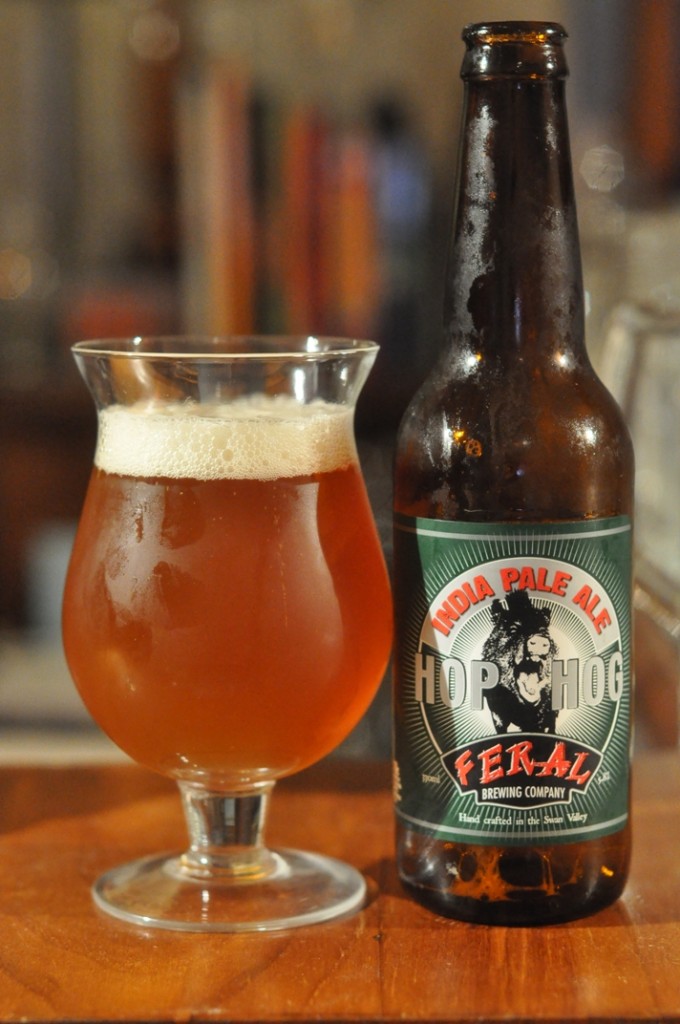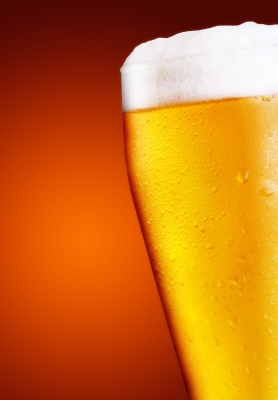Natural wines, by the simplest of definitions, are a sham.
Why?
Because they do not really exist!
Why? Keep reading…
What is natural wine?
The natural outcome of a fermentation of grape juice by yeast, ‘wild’ or added, is vinegar.
If it’s not to be vinegar, somebody interfered with the natural process. And how natural is that?
Any wine sold as being a ‘natural’ wine has therefore been interfered with by humankind, usually with the addition of sulphur dioxide (SO2), which since it has been used as an
additive in winemaking since the ancient times of the ancestors of my Greek friends, seems
to be treated with special dispensation by the natural wine crowd, the organic wine crowd,
and the biodynamic wine crowd as well.
As someone who has added sulphur dioxide in gaseous form to tanks of juice and wine (in
not insignificant volumes) in a day and age when it was legally permitted for cellar underlings
to be given such toxic tasks, let me tell you that there’s nothing remotely pleasant or
especially natural about this poisonous process.
I’d be coughing for hours afterwards.
That aside, wine drinkers the world over are being confronted by the phenomenon of so-called “natural wine”.
Making this even more remarkable is there is no actual definition of “natural wine” or even an authority capable of providing such a definition.
Every definition I’ve seen has more excuses and escape clauses than a Mexican drug lord has tunnels to freedom!
Finding a natural wine definition
If you search the Internet as an umpeachable source of credibility then you’ll find various definitions of natural wine.
The following definition of natural wine pretty much covers all the popular criteria:
A natural wine is a wine made in small quantities, by an independent producer, on low-yielding vineyards, from handpicked, organically grown grapes, without added sugars or foreign yeasts, without adjustments for acidity and without micro-oxygenation or reverse-osmosis.
morethanorganic.com
I could probably name more than six hundred commercially available Australian wines which
meet those exact criteria, and would suggest there are hundreds more out there as well.
Yet these cannot be called “natural wines”.
It seems if you make enough wine to fill an old, used barrel, you’re probably meeting the “natural” definition to some extent. But if you make enough for ten barrels, and if they were good and some were new, you’ll more likely be considered “unnatural” by the chief gunslingers of the natural wine posse.
Natural wine and SO2
There’s some confusion over natural wines and the issue of SO2.
The source of the above natural wine definition also declares the following:
“A natural wine contains no more than 10 mg/l total sulphur if red, 25 mg/l total sulphur
if white”“If sulphur dioxide is added, it will be only at bottling and only in the tiniest
morethanorganic.com
quantities. Many natural wines are made without the addition of sulphur dioxide at any
point.”
So SO2 might be added to these levels, or indeed above, but in the absence of policing or an organisation able to police these limits.
Arbitrary or what?
More than Organic goes on to say most natural wines are neither filtered nor fined.
The few that are will either be filtered extremely lightly or fined with organic egg white. But what is “most” and what is “extremely lightly”?
It seems to me with natural wine you can be half-filtered or half-fined, half-preserved or indeed half-natural.
In the real world, however, you can’t be half-pregnant.
Is natural wine really “natural”?
There’s another factor I found very disconcerting while researching the whole natural wine thingummy. It’s as if being into the stuff gives you the right to declare that all other wine is actually unnatural!
I have an issue with this, but at the same time I appreciate I have absolutely zero chance of unconverting a natural wine devotee.
I grew up as the son of an Anglican priest, and spent much of my time at university fending off one religious cult, then the next, wishing to place the head of the son of my father on their trophy wall.
I can sniff born-again fervour a mile off, and I’m deeply sceptical of it, regardless of what some individual has been born again into. But there’s absolutely no point arguing against it.
There is an arrogance which only a fanatic really acquires, and this is writ large all over the
natural wine phenomenon.
If you make a natural wine in a bathtub and do nothing with it, it’s a natural wine.
It’s probably also undrinkable.
However, if you process the same grapes in a clean, refrigerated stainless steel tank, using a modest level of SO2, you’ll probably make a very drinkable “unnatural wine”.
I don’t think that sensitively, well-made commercial wine with no unnecessary additions or technical trickery deserves this tag.
You can track this phenomenon to the first “organic wines”, which then became the less
fashionable understudies to biodynamic wines. Some of which are very good, many of which
are not.
I’m still not really sure how much the more mystical side of process adds to the
quality, if at all.
Now we have the next stage – the natural wine phenomenon which seems to be more interested in shunning the advances made over the centuries that make wine better
to drink ~ at no risk to human health ~ rather than making a wine freer of faults or more
delicious to enjoy.
Faults in wine are the first things that prevent it from expressing terroir, yet the proponents of
natural wines argue their usually faulty wines express terroir more clearly.
This is nonsense.
So is the notion that wine is supposed to be a living thing.
We believe wine is alive and is a living being, we are sick of soulless wines
Richard Harkham, a natural winemaker from the Hunter Valley. Source: sarahwilson.com.
manipulated and worked to the maximum. Let’s go back to nature, let’s forget about what
science and numbers say, let’s go by taste and feel.
If wine is a living being then I have never tasted a good wine, for all the good and great
wines I have tasted were definitely not alive. If they were, there would have been things
growing in them (which is not a good thing) or anything a winemaker can control.
Living wines are faulty wines – bad wines you do not want to drink.
From a philosophical standpoint, it brings less perfection to the equation. I love the “gamble” of trying a natural wine – you don’t know what you’re going to get because the wine maker hasn’t added stuff to ensure consistency. Having less perfection is very free-ing…it leads to life being more of a fun experiment and forces us to back off from disappointment.
Sarah Wilson, sarahwilson.com
Should you buy natural wine?
I respect the right of any consumer to buy something at a lucky dip, which is what you do
when you buy a “natural wine”.
You can do whatever you want with your own money, and if you can handle the disappointment that will come more often than not with natural wine, then good for you.
Most wine buyers, especially in the premium market, prefer their purchases to be less of an experiment and more of a reflection of understanding of taste, style and quality.
Not many wine drinkers are happy to buy without knowing what they’re going to get.
I’m all for the fact people can make and enjoy whatever wine they want to, be it “natural”
or not.
I might even find a natural wine I really like, one day, but unfortunately the next bottle will likely be completely different.
But spare me the holier than thou. And I wonder how many makers and enthusiasts of
natural wines still have refrigerators in their kitchens?




Leave a Reply